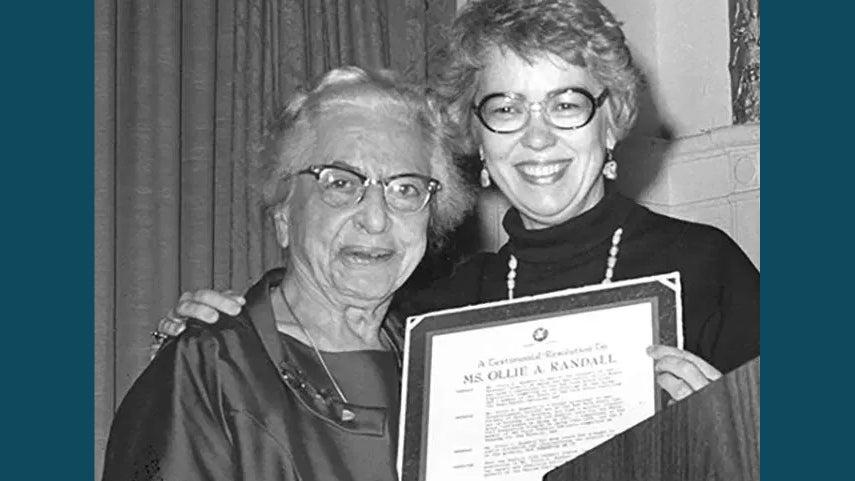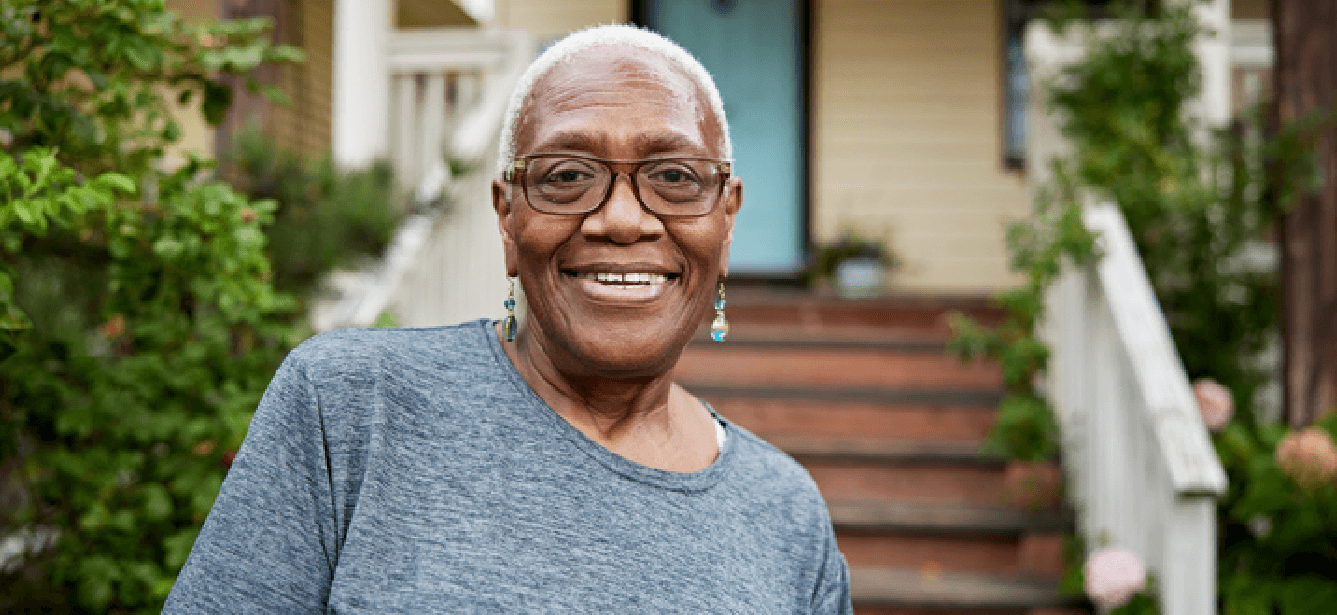Why Congress Should Extend Funding for Medicare Low-Income Outreach and Enrollment: Letter to Congress
5 min read

Related Topics
Many low-income older adults who rely on Medicare can only afford doctor visits, prescription drugs, and other essential benefits because of extra help that is available to pay for often expensive premiums and cost sharing.
Millions who are eligible are not receiving this extra help. That’s why NCOA and other organizations are pressing for continued funding from Congress for low-income beneficiary outreach and enrollment efforts.
Federal outreach and enrollment activities, originally authorized under the 2008 Medicare Improvements for Patients and Providers Act (MIPPA), connect low-income beneficiaries—many who are dually eligible for both Medicare and Medicaid—with assistance for prescription drug coverage and other essential Medicare benefits.
"This federal investment works," says a letter sent on Dec. 4 by NCOA and 95 other organizations to leaders of Congress. "The program has been successful in providing assistance to millions of low-income beneficiaries and their families. In the past two years alone, the network has connected 9.3 million low-income Medicare beneficiaries to these benefits programs."
As the letter reminds House and Senate leaders:
Low-income older adults and people with disabilities living on fixed incomes are often forced to make difficult trade-offs—like cutting back on necessary medications and doctor visits in order to afford basic living necessities—to the detriment of their health and well-being.
"Without the assistance under the Medicare Saving Programs (MSPs) and the Part D Low-Income Subsidy (LIS) Extra Help programs, millions of Medicare beneficiaries simply could not afford the care they need as out-of-pocket health costs continue to rise."
The federal funding NCOA and the 95 other national aging, disability, patient and provider organizations are advocating to continue has contributed to almost doubling enrollment in low-income Medicare Savings Programs and LIS .
"It has helped increase the number of low-income Medicare beneficiaries enrolled in the MSPs from 6.4 million in 2008 to 12.2 million in June 2022," the letter says.
Still, it's estimated that less than half of those eligible for MSPs are enrolled, and about 3 million eligible beneficiaries are still not receiving Extra Help for their prescription drug costs.
The funding would not expand benefits but would help to ensure low-income Medicare beneficiaries can get the financial help they already are eligible for.
Over the past 16 years, the program has been extended 12 times with bipartisan support, with annual funding set at a relatively modest $50 million. The program's most recent extension occurred in March, when it was incorporated into Section 302 of H.R. 4366, the Consolidated Appropriations Act. However, this $50 million in yearly funding is scheduled to expire on Dec. 31 of this year.
Please join in urging your members of Congress to extend funding for this important Medicare low-income assistance.
Read the full letter from NCOA and 95 other national organizations to House and Senate leaders.



